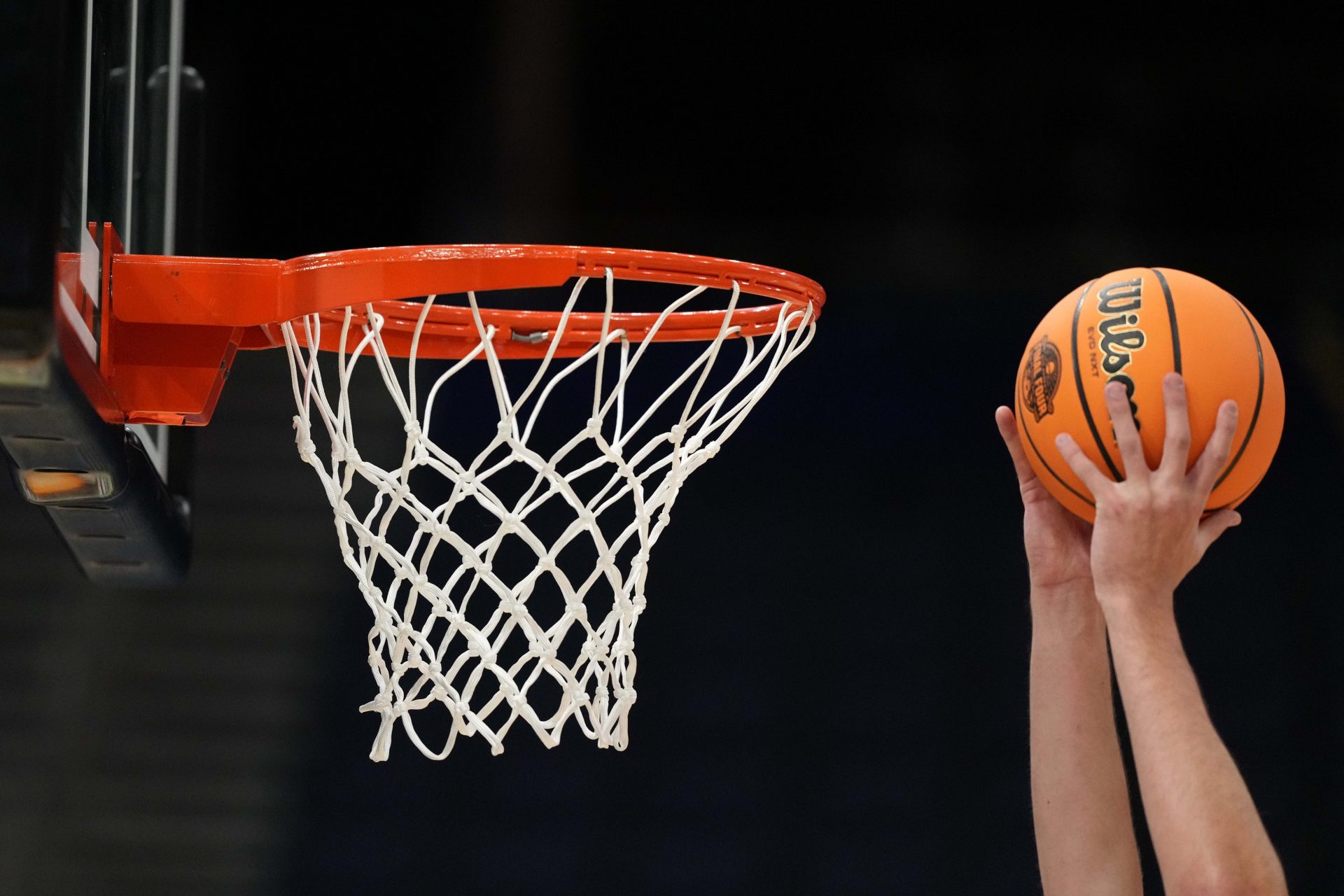In a pivotal decision delivered shortly after 9 p.m. ET on Friday, Judge Claudia Ann Wilken approved the NCAA’s $2.8 billion settlement resolving three antitrust lawsuits, widely known as the House settlement.
Her ruling marks a turning point in college athletics, establishing a precedent that allows schools to distribute revenue directly to athletes. The framework for this shift will be overseen by major conferences, including the SEC, Big Ten, Big 12 and ACC.
Judge Wilken’s Decision Marks Turning Point in College Athletics, NCAA House Settlement Approved by California Judge
Claudia Ann Wilken, senior U.S. District Judge for the Northern District of California, has once again left an indelible mark on college athletics. Born in 1949 in Minneapolis, Wilken earned degrees from Stanford and UC Berkeley’s Boalt Hall, later serving as a public defender, law professor, and eventually as chief judge of her district.
Her judicial career, spanning decades, includes major rulings on civil rights, education law, and landmark antitrust decisions involving the NCAA. Her expertise in complex litigation and prior oversight of cases like O’Bannon v. NCAA uniquely positioned her to preside over the House v. NCAA case.
On Friday night, Wilken issued a 76-page ruling finalizing the $2.8 billion settlement in the consolidated House antitrust lawsuits. Her decision permits, for the first time in NCAA history, direct payments from schools to athletes—ushering in a seismic shift in collegiate sports.
“Despite some compromises,” she wrote, “the settlement agreement nevertheless will result in extraordinary relief for members of the settlement classes.”
NEW: Judge Claudia Wilken has approved the landmark House v. NCAA settlement, which will usher in revenue sharing and roster limits to college sports.https://t.co/UQdwaVC8ji pic.twitter.com/LDVJl4bwgb
— On3 (@On3sports) June 7, 2025
The agreement provides a $2.8 billion damages fund for former and current Division I athletes whose careers began between 2016 and Sept. 15, 2024. Most of the payout will be made over 10 years, sourced from NCAA reserves, cost-cutting measures, and reduced distributions to Division I schools—particularly members of the Power Five conferences.
Starting July 1, 2025, schools will be allowed to share between $20 million and $23 million annually with athletes. These payments are capped at 22% of designated revenues. Plaintiffs’ economist Dan Rascher projected the total compensation will exceed $19.4 billion over the 10-year settlement period.
The ruling also addressed controversy over new roster limits intended to replace traditional scholarship caps. Critics feared the changes would push walk-ons and future recruits off teams. In response, Wilken approved a revision allowing “Designated Student-Athletes” — current players or 2025 recruits promised a spot — to be exempt from those limits.
“These modifications,” she wrote, “negate any harm that the roster limits could have caused.”
KEEP READING: Double Standards in Charlie Baker’s NCAA Tournament Expansion Statement Raise Concerns
To oversee compliance, the NCAA and power conferences created the College Sports Commission. Led by Bryan Seeley, a former MLB executive and federal prosecutor, the commission will handle investigations and enforcement. Concurrently, a Deloitte-managed NIL clearinghouse called “NIL Go” will monitor athlete deals with third parties.
College Sports Network has you covered with the latest news, analysis, insights, and trending stories in football, men’s basketball, women’s basketball, and baseball!


